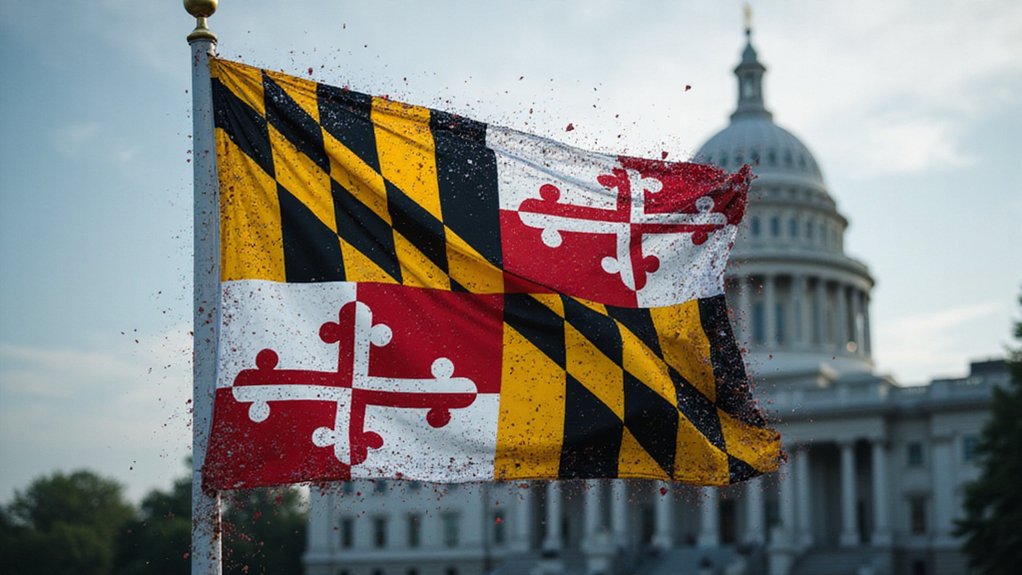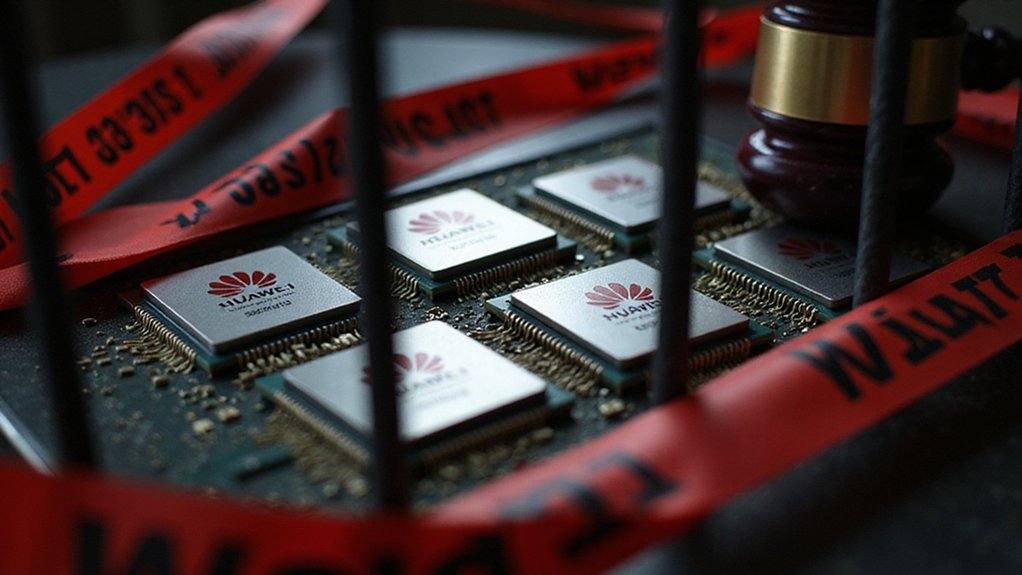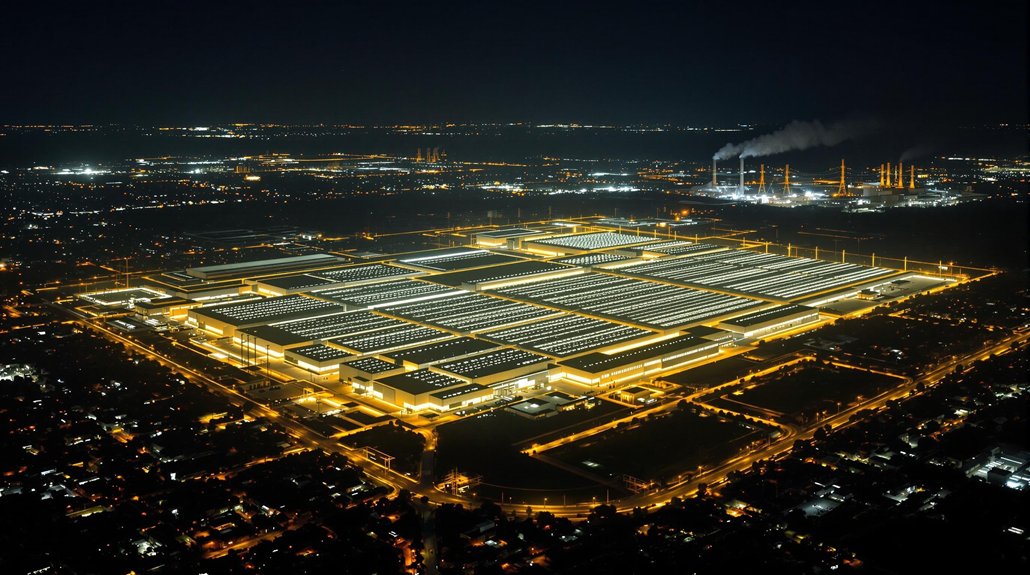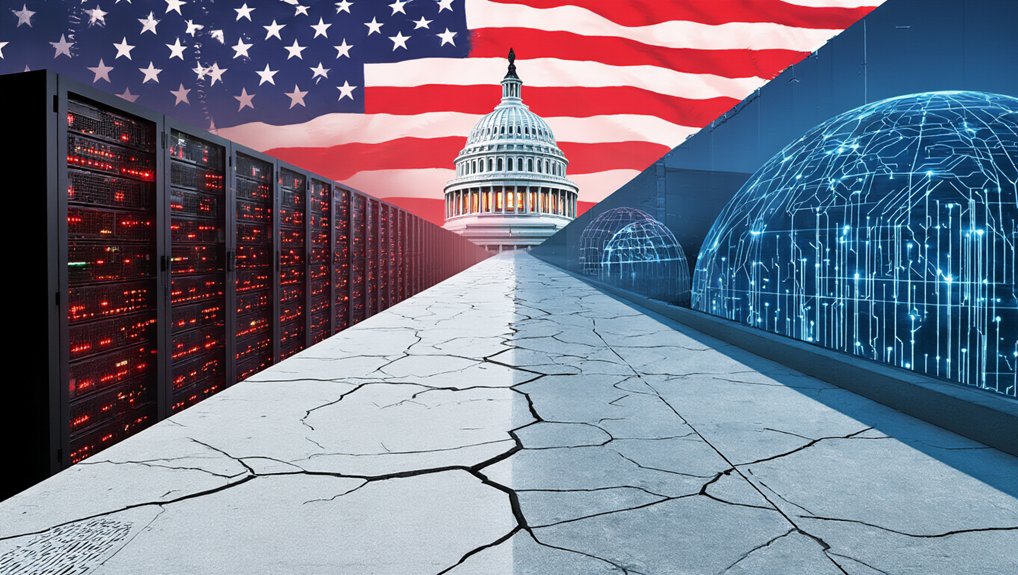Maryland lawmakers are tackling deepfakes with multiple bills in 2025. HB1425 and SB905 aim to expand identity fraud laws to include manipulated digital content that harms or deceives others. The legislation targets deepfakes used for harassment, threats, or election interference. Victims could sue perpetrators and seek court orders to remove harmful content. These efforts align with eleven other states that have already enacted similar protections. The upcoming October implementation could transform how Maryland handles digital deception.
Maryland lawmakers are taking steps to fight the growing threat of deepfakes with several new bills in 2025.
HB1425, sponsored by Delegate Wilson, would make it illegal to use artificial intelligence or deepfakes for fraud. This bill is set to take effect on October 1, 2025, if passed.
Maryland’s HB1425 aims to criminalize AI-generated deepfakes used for fraudulent purposes starting October 2025.
The legislation defines “deepfake representation” as manipulated photos, videos, audio recordings, or computer-generated images. It targets deepfakes created to harm, harass, intimidate, or threaten others. The bill covers both real and fictional identities that are misused.
Another bill, SB905, introduced on February 4, 2025, has similar goals. SB905 has been categorized as a partisan bill with Democratic sponsorship. Both bills had hearings in early 2025, with HB1425‘s hearing on March 11 and SB905’s on February 26.
HB1425 would expand Maryland’s identity fraud laws to include deepfakes. Victims could sue perpetrators and seek court orders to stop the harmful content. According to the Fiscal and Policy Note, these changes would have minimal financial impact on state and local operations.
Maryland is also concerned about election interference through deepfakes. HB525 specifically aims to stop people from using deepfakes to influence voters. This follows the lead of states like Texas, which bans election-related deepfakes within 30 days of voting, and Minnesota, which prohibits them within 90 days without the depicted person’s consent.
Minnesota recently changed its law from a “reasonable knowledge” standard to “reckless disregard,” making it easier to prosecute offenders. This aligns with the national trend where eleven states have enacted laws limiting political deepfake media in electoral campaigns. These regulations address the rising security challenges associated with adversarial manipulation of digital content that can deceive voters and undermine democratic processes.
The Federal Election Commission has already banned deepfake robocalls for election influence, but states are creating their own rules. Maryland’s efforts to address digital deception come as facial recognition technology legislation also moved forward in April 2025.
Together, these bills represent Maryland’s thorough approach to addressing the challenges posed by rapidly advancing AI technology.
References
- https://mgaleg.maryland.gov/mgawebsite/Legislation/Details/HB1425?ys=2025rs
- https://mgaleg.maryland.gov/2025RS/fnotes/bil_0005/hb1425.pdf
- https://legiscan.com/MD/text/SB905/2025
- https://trackbill.com/bill/maryland-house-bill-525-election-law-influencing-a-voter-by-dissemination-of-a-deepfake-prohibition/2622173/
- https://www.multistate.ai/updates/vol-22









